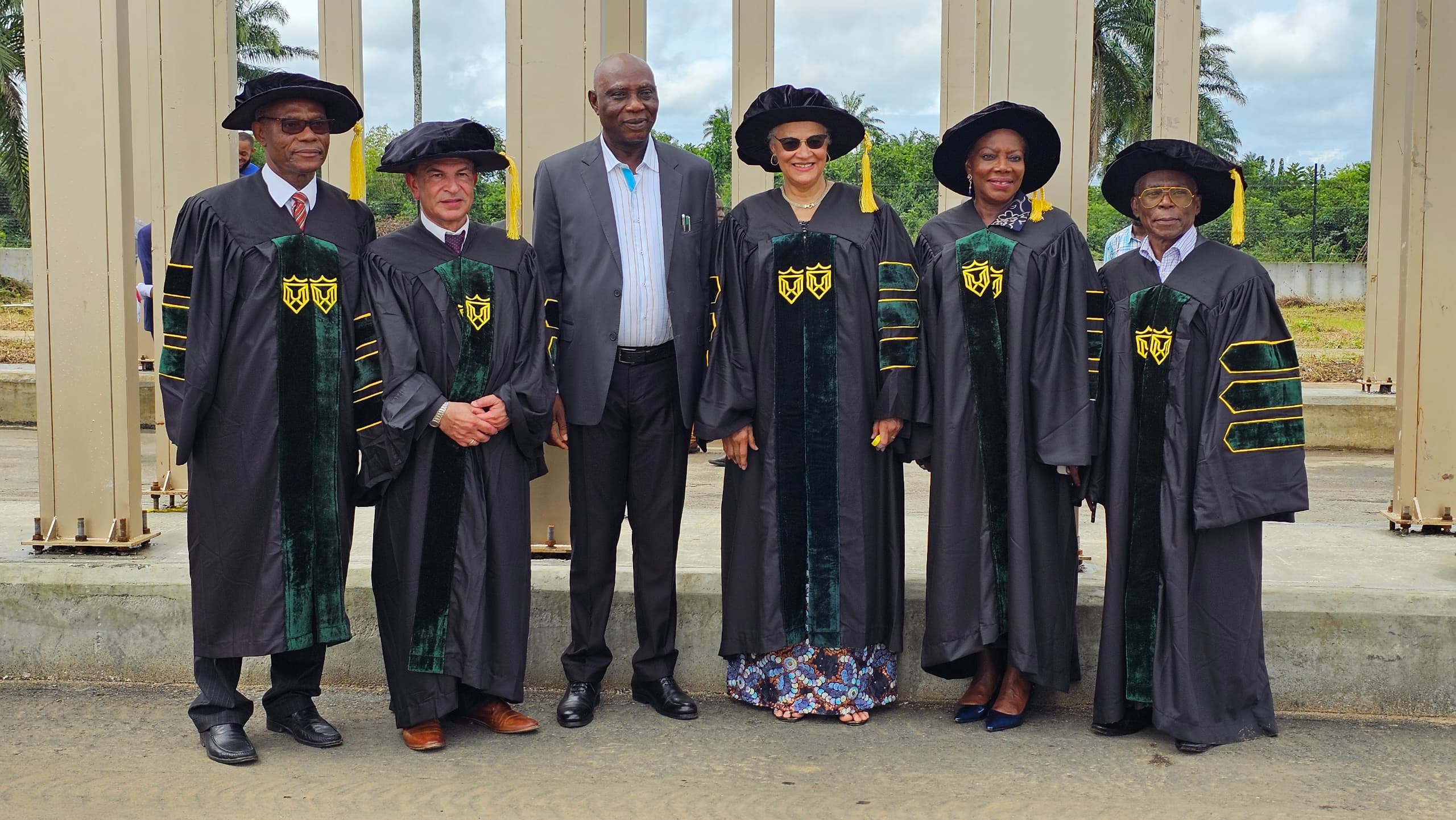The death last week of Ratan Tata, 86, the former chairman of Tata, made global headlines. Tata is India’s largest conglomerate which in 2008 surprised the world by acquiring Britain’s Jaguar and Land Rover as well as Tetley, the world’s second-largest tea company. Tata also acquired, under his leadership, Corus, the Anglo-Dutch steelmaker. Tata is an example always cited in business schools of what are known as Emerging or Developing Multinational Enterprises (EMNES or DMNEs), as distinct from the traditional MNEs from the West and Japan like Sony, Shell, Exxon Mobil, General Electric, etc.
The Tata Group earns revenues over $100bn annually. Therefore, Ratan Tata is deserving of all the accolades he has been receiving in death, including a state burial.
Join our WhatsApp ChannelThere is a part of Ratan and, indeed, the entire Tata family that is not known to the public: There is no way they would have been successful if they had remained in India because they belong historically to the Indian caste of Untouchables, whose status is far worse than victims of the osu caste system in Igboland. The Untouchables don’t go to school or engage in activities that can take them out of wretchedness because of their religion which defines their culture. Reincarnation is an integral part of their religion. The adherents believe that the people who are poor today are suffering for the atrocities they committed in their previous lives when they were princes, princesses, kings, queens, prime ministers, presidents, tycoons, generals, etc. They believe they should be allowed to suffer maximally in their present life cycle, so that when they reincarnate they will be great men and women or even enter Nirvana or Paradise where they will merge with God-Head.
Those of them who manage to escape abroad often jettison the religion which denies them human dignity. They embrace Buddhism or any other religion. This is the case with Ratan Tata and the rest of the Tata family. Such escapees are frequently prosperous, and they include some of the greatest Indians, including R. Ambedkar, father of the famous Indian Constitution. Tom Wolf, an Indian professor and Christian minister who helped design the MA in Global Studies programme at Harvard, calls the escapees extracted Indians as opposed to embedded Indians.
Wolf did a remarkable research article in 2008 on how the caste system part stultifies India’s rapid progress. It is a 30-page read, but the first 15 pages tell a compelling story enough. The article is entitled Progress-prone and Progress-resistant Cultures: Worldview Issues and the Baliraja Proposal of Mahatma Phule. This highly cited article owes its origins to the exceedingly thoughtful article by Mariono Grondano, an Argentine historian and sociologist, entitled ‘Progress-prone and Progress-resistant Cultures: A Typology of Economic Development.’ It is one of the fascinating essays in the book, ‘Culture Matters: How Values Shape Human Progress,’ edited by Lawrence E. Harrison and Samuel P. Huntington, both great Harvard professors who are now late.
I hope you will find Wolf’s article rewarding in the conversation on the primacy of culture, or mental programming, in determining society’s development rate.
C. Don Adinuba, former Commissioner for Information and Culture, Anambra State












